Pre-Workout vs Fat Burner: Unpacking the Differences
Author:
Unlock your full potential by engaging with our experts and community! Have questions about your fitness journey or looking for expert advice on weightlifting techniques? Don’t hesitate — leave a comment below and Oleksandr Maksymenko will provide a personalized answer and insights to help you reach your goals.
Torokhtiy is reader-supported. Some links are affiliate links, and we may earn a commission at no extra cost to you. See our disclosure page for details.
The world of fitness supplements can be overwhelming, with pre-workouts and fat burners being popular choices. But how do they differ, and which one should you choose? In the fat burner vs pre-workout comparison, it’s essential to understand that they serve different fitness goals. This article will delve into the differences between pre-workouts and fat burners, examining their functions, key ingredients, and when to use each. Let’s delve into the details.
In the ‘pre-workout vs fat burner’ comparison, it’s clear that these supplements serve different fitness goals. Pre-workouts are formulated to optimize exercise performance, boost energy, and enhance focus, whereas fat burners are designed to assist weight loss by amplifying metabolism and regulating appetite.
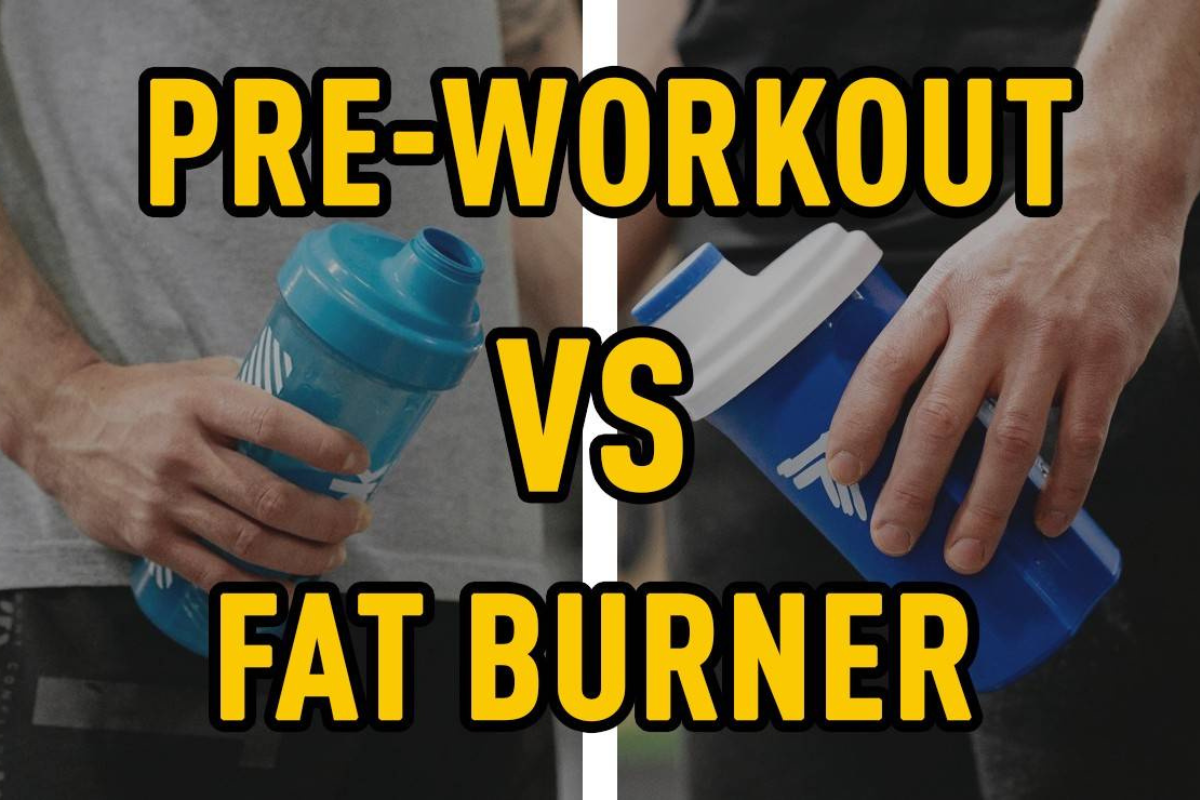
What Is A Pre-Workout?
Ever been in the middle of a grueling workout and wished for that extra push? That’s where a pre-workout comes into the picture. But what does it bring to your fitness table?
The answer varies with each mix, but there are some usual suspects. Caffeine, your trusty sidekick for focus and endurance, often headlines the ingredient list. Then there’s creatine, the energy-boosting heavyweight, along with beta-alanine, the fatigue-fighting ninja. L-taurine and branched-chain amino acids (BCAAs) also appear to reduce fatigue, less muscle damage and less muscle soreness after an exercise session. Plus, a dash of flavorings and sweeteners to make the mix palatable. Remember, though, supplements aren’t one-size-fits-all and always engage a healthcare professional’s advice before introducing a new supplement to your regimen.
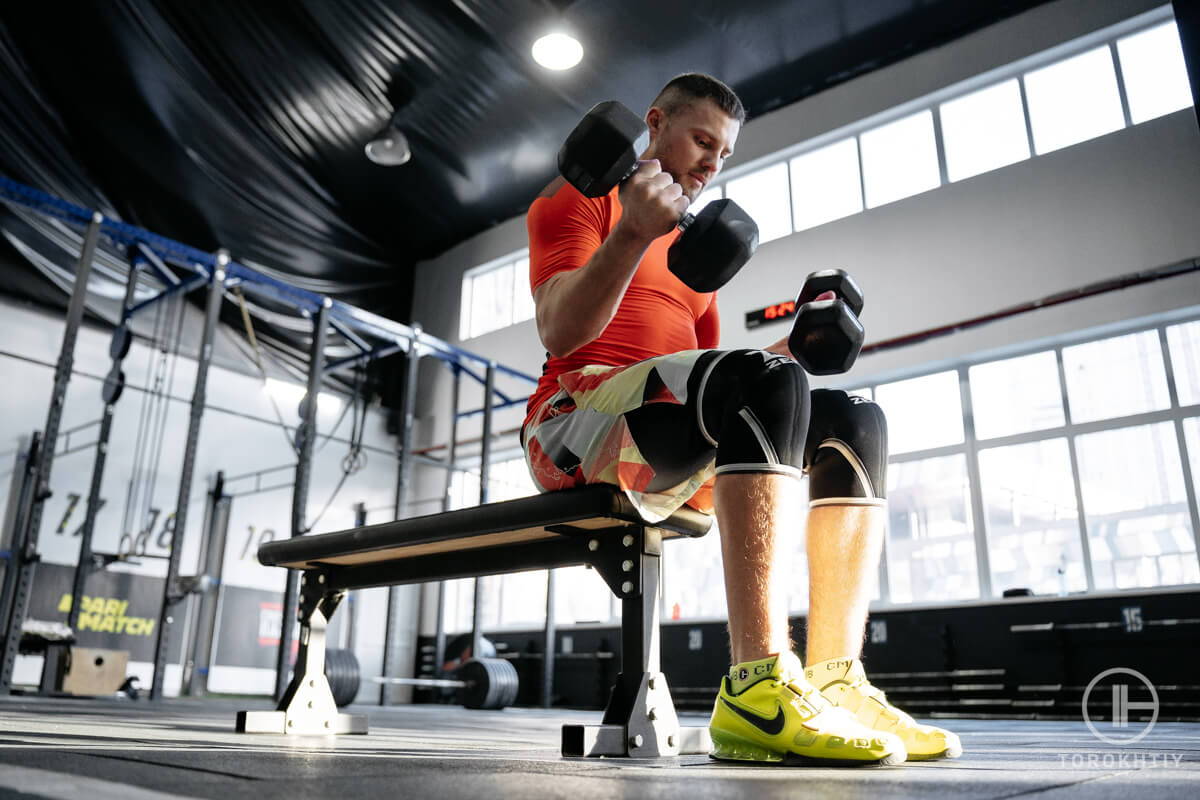
What is a Fat Burner?
Now that we’ve covered pre-workouts, let’s step into the realm of fat burners. What’s their story?
Fat burners are supplements tailored to amplify fat loss by increasing energy use and dialing down hunger. Among their ingredients, caffeine and capsaicin are the MVPs, potentially boosting energy expenditure. But not all ingredients are winners. Raspberry ketone and hoodia gordonii, for instance, lack substantial human studies supporting their fat loss claims.
Look for proven ingredients like caffeine, green tea, and Capsimax. Another popular ingredients that have convincing evidence are White Willow Bark, L theanine and 5 HTP.
But remember, there’s no magic pill for weight loss. A healthy diet and regular exercise are your main allies in this battle. In addition to fat burners, there are other promising options that can aid in weight loss. Fiber and medium-chain triglycerides (MCTs), found in coconut oil, also have the potential to increase thermogenesis and enhance fat burning. So, before adding a fat burner to your regimen, always consult a healthcare professional and ensure a balanced approach to your fitness journey.
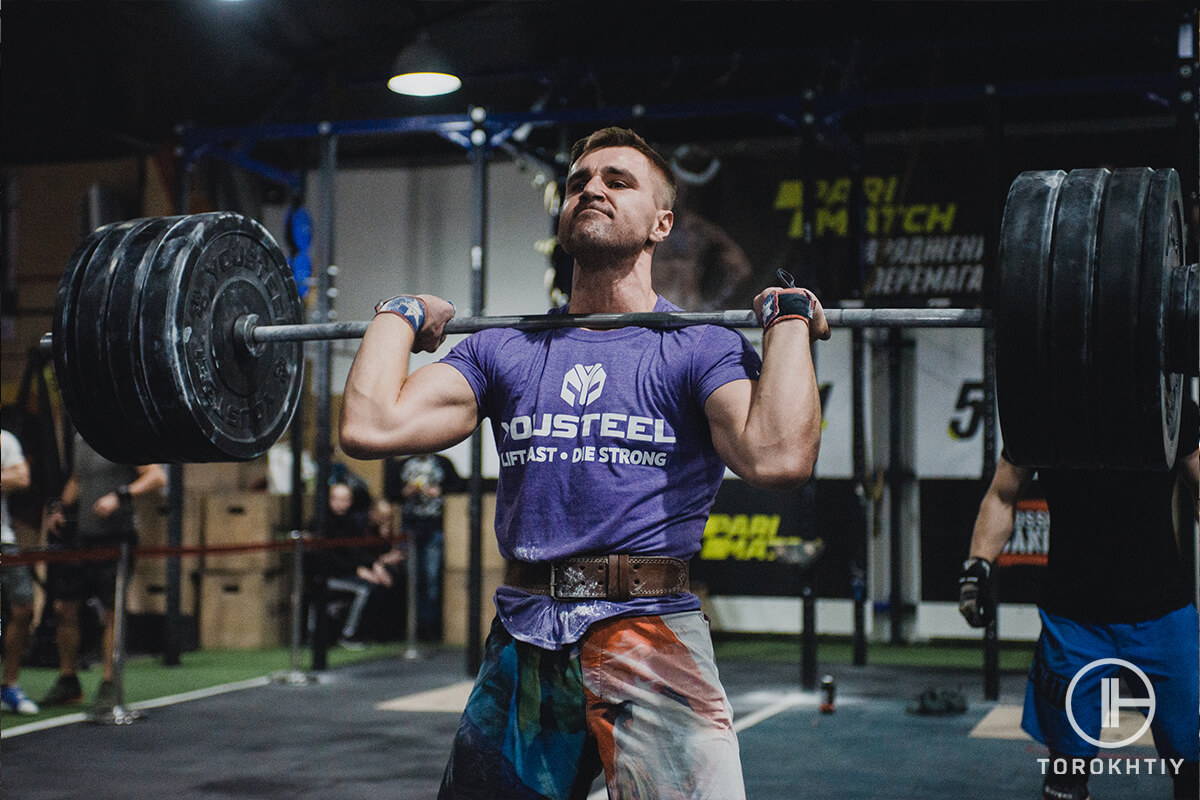
The Science Behind Pre-Workouts and Fat Burners
Pre-workout supplements draw their power from biochemical interactions. For instance, creatine, a naturally occurring compound, is stored in your muscles as phosphocreatine. During high-intensity workouts, it aids ATP (your body’s energy currency) production, improving strength and power. Similarly, caffeine stimulates the nervous system, heightening alertness and reducing perceived exertion, making your workout feel less taxing.
While fat burners operate on thermogenic principles, one might wonder about thermogenic vs pre-workout effects. Pre-workouts primarily enhance physical performance, not specifically focusing on thermogenesis like fat burners. Ingredients like caffeine and capsaicin create a ‘heat effect’ within the body, accelerating metabolic rate and burning calories a little bit faster. They may also influence leptin, adiponectin and ghrelin, hormones that control hunger and satiety, to suppress appetite. However, the latter has yet to be confirmed in future studies.
These mechanisms, however, are not universal fixes. Each individual’s biochemistry is unique, and responses can vary. Always consult a healthcare professional before introducing these supplements into your regimen.
Comparing Pre-Workout vs Fat Burner
1. Nutritional Composition
Pre-workouts typically focus on compounds like caffeine, beta-alanine and creatine aimed at boosting energy, focus, and endurance. Fat burners, however, feature ingredients such as caffeine, capsaicin, green tea extract and others, targeting metabolism and appetite regulation.
2. Price Range And Affordability
Both pre-workouts and fat burners come in a variety of price points, catering to different budgets. Generally, they range from $20 to $60 per container. It’s essential to evaluate the cost-effectiveness by examining the ingredients, serving size, and your personal goals.
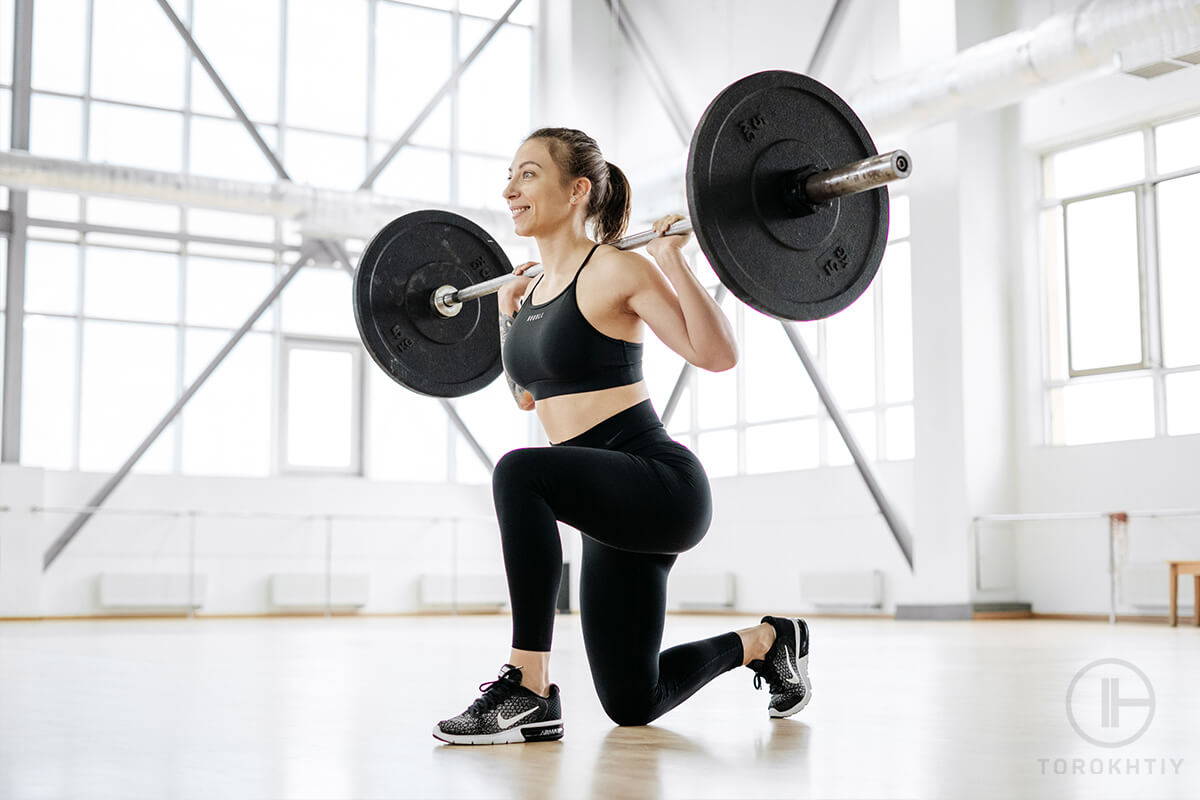
Safety and Potential Side Effects
While pre-workouts and fat burners can be beneficial, they could be accompanied by potential side effects. Pre-workouts, especially those with high caffeine content (over 250-300mg), can cause jitters, insomnia, and a rapid heart rate. Beta-alanine, another common ingredient, can lead to a harmless but potentially uncomfortable sensation called paresthesia, often described as skin tingling.
It’s important to note that the FDA considers up to 400 milligrams of caffeine per day safe for healthy adults, but exceeding this dosage can result in diminishing returns and adverse effects on athletic performance. This upper dose is also not universal, there are people who have a bad tolerance to caffeine even in moderate doses. It’s crucial to adhere to recommended dosages and prioritize your well-being. If caffeine causes trouble, there are non-stim pre-workouts.
Fat burners may also present issues. Overuse can lead to restlessness, insomnia, increased heart rate, or even high blood pressure. Additionally, appetite suppressants can cause digestive discomfort.
As always, it’s essential to follow recommended dosages and consult a healthcare professional before starting any new supplement regimen.
Summary: Pre-Workout vs Fat Burner
As we wrap up our discussion on pre-workouts and fat burners, let’s briefly summarize the key differences and potential benefits and drawbacks of these supplements.
| Product | Price Range per Serving (Per Day) | Price Range per Month | Target Efficiency | Weight Loss Efficiency | Side Effect Risks |
|---|---|---|---|---|---|
| Pre-workout | $0.5 – $2.2 | $8-33 (15 workouts) | Mid/high (increased performance) | Low/mid | Moderate, Easy to manage (e.g. non-stim options) |
| Fat Burner | $0.5 – $2 | $20-60 (30 days) | Low/mid (Weight loss) | Low/mid | Moderate, have to accept |
Fat Burner Pros and Cons
Positives:
Could be better:
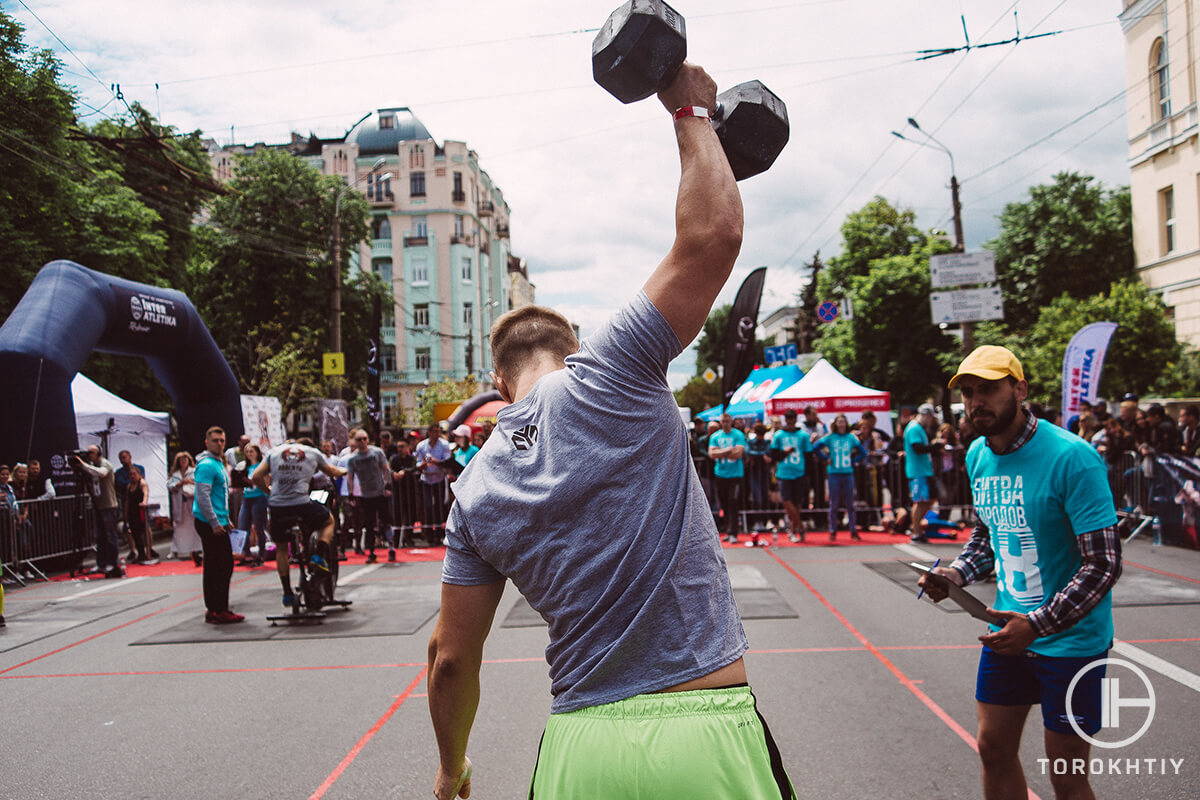
Pre-Workout Pros and Cons
Positives:
Could be better:
Pre-Workout vs Fat Burner: Choosing the Right Supplement for Your Fitness Goals and Our Recommended Supplements
Pre-workout supplements and fat burners serve different fitness goals. For those seeking enhanced workout performance, energy, and focus, pre-workouts are the go-to option. They amplify physical output during training, maximizing the benefits from each session.
In contrast, fat burners are best suited for individuals aiming to lose weight. They work by boosting metabolism, promoting fat oxidation, and controlling appetite, enhancing weight loss when paired with a healthy diet and regular exercise.
However, it’s important to remember that these supplements serve as additional aids, not primary solutions. The foundation of any fitness regimen should be a well-rounded lifestyle that includes proper nutrition and consistent exercise.
While pre-workouts and fat burners can support your fitness journey, they should not replace the fundamental aspects of a healthy lifestyle. So, choose wisely based on your specific fitness objectives and maintain a balanced approach to achieve your goals.
Transparent Labs Bulk Pre-Workout
- Serving Size: 1 scoop (21.2 g)
- Servings per Container: 30
- Calories Per Serving: 5
- Betaine Anhydrous Per Serving: 2,500 mg
- Taurine per serving: 1,300 mg
- Recommended by Athletes: Hafþór Júlíus Björnsson, Pat Li, PAULINA
If you’re looking for a high-quality pre-workout supplement, we recommend BULK from Transparent Labs. This supplement combines effective doses of its active ingredients and high-quality manufacturing all at an affordable price.
First, each serving of this supplement contains 200mg of caffeine, which will provide adequate stimulation for most lifters.
Keep in mind that high doses of caffeine can lead to unwanted side effects like anxiety, headaches, and insomnia. Because of this, we don’t recommend this product for adolescents, those sensitive to caffeine, and those who workout later in the evening. Conversely, if you have a high caffeine tolerance, you may want an even stronger pre-workout.
Beyond caffeine, BULK also includes effective doses of its active ingredients. This includes 1.3g of Taurine, 8g of Citrulline Malate, 2.5g of Betaine, and 4g of Beta-Alanine.
Taurine and Citrulline Malate will both help with endurance performance, while Betaine will help with force production, and Beta-Alanine will help reduce fatigue. Just keep in mind that Betaine and Beta-Alanine both need to be taken daily to produce any meaningful effects.
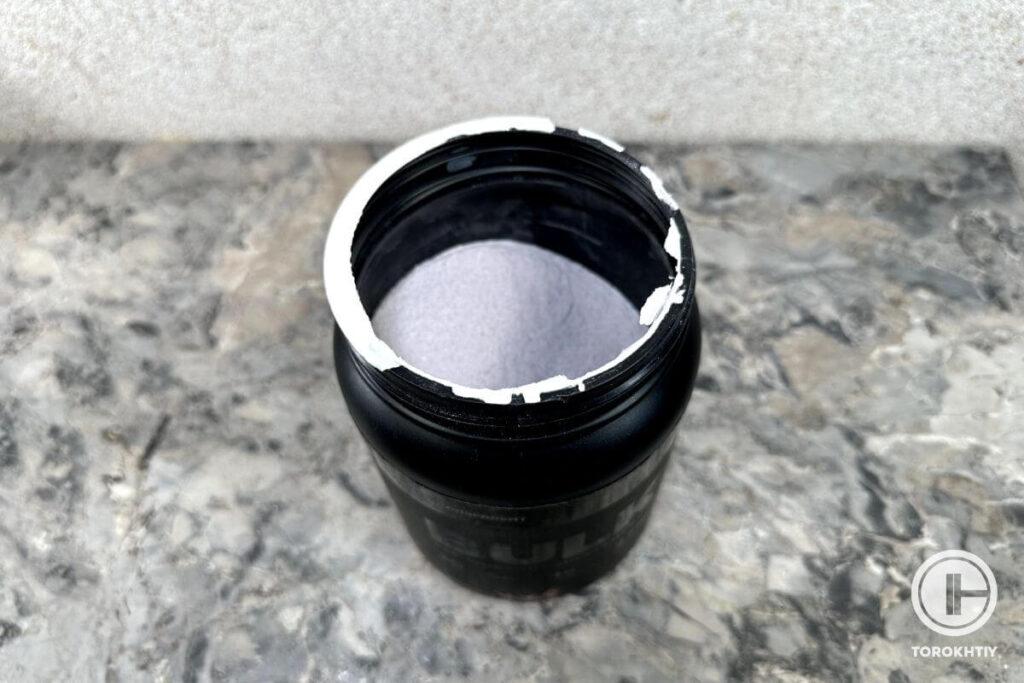
Like all Transparent Labs’ supplements, BULK is made without any artificial sweeteners, coloring, or preservatives. It’s also certified by Informed Choice, which rigorously tests supplements for quality and potency.
Third-party certifications like this are always a good thing to look for if you’re concerned about potential contaminants or the overall quality of supplements.
BULK comes in 12 different flavors, so there should be an option for everyone. It comes in a 30 servings container, meaning it will last a month with daily use, or longer if you’re using it less.
Each serving will cost ~$1.67 which is a great price for such a high-quality product. Keep in mind that you can save an extra $5 and get free shipping when subscribing to get BULK at a set frequency.
2. Our Recommended Fat Burner
PhysiqueSeries Fat Burner is an effective and science-based option for your weight loss journey. This supplement is formulated with carefully selected ingredients that support metabolic rate, enhance energy and focus, and reduce hunger and cravings. Including nootropics like caffeine and L-theanine enhances energy levels and mental clarity during cutting phases.
Remember, there are no magic pills, but when combined with proper nutrition and consistent resistance training, PhysiqueSeries Fat Burner can provide that extra mental focus and energy to help you reach your body composition goals.
FAQ
Do I Need A Pre-Workout And Fat Burner?
Whether you need a pre-workout or fat burner depends on your fitness goals. Pre-workouts are for individuals wanting to enhance workout performance, energy, and focus, while fat burners support those aiming for weight loss.
Which Is Better, Fat Burner Or Pre-Workout?
Neither pre-workout nor fat burner is inherently better – it depends on your fitness objectives. Pre-workouts are best for improving exercise performance, and fat burners are ideal for supporting weight loss efforts.
Conclusion
In conclusion, pre-workouts and fat burners cater to different fitness needs. Pre-workouts are designed to maximize training output, while fat burners aid weight loss efforts by enhancing metabolism and appetite control. However, these supplements are additional aids, not primary solutions. A well-rounded lifestyle, proper nutrition, and regular exercise are the foundation of any fitness regimen. We encourage you to share your thoughts and questions in the comment section below.
Also read:
- G Fuel vs Pre Workout
- Pre or Post Workout
- Caffeine Pills as Pre Workout
- Is Pre Workout Good for Weight Loss
- Does Pre Workout Make You Sweat More
- Should You Take Pre Workout Before Cardio
- Does Pre Workout Help With Running
- Best Caffeine Free Pre Workout
References:
- International Society of Sports Nutrition Position Stand // JISSN: https://jissn.biomedcentral.com/articles/10.1186/s12970-020-00383-4
- Effects of Creatine Supplementation and Resistance Training on Muscle Strength and Weightlifting Performance // NCBI: https://pubmed.ncbi.nlm.nih.gov/14636102/
- International Society of Sports Nutrition Position Stand: Beta-Alanine // NCBI: https://pubmed.ncbi.nlm.nih.gov/26175657/
- Consideration for Classification of a Supplement Ingredient // AIS: https://www.ais.gov.au/__data/assets/pdf_file/0013/1000417/36182_Supplements-fact-sheets_BCAA-v4.pdf
- Obesity and Thermogenesis Related to the Consumption of Caffeine, Ephedrine, Capsaicin, and Green Tea // NCBI: https://pubmed.ncbi.nlm.nih.gov/16840650/
- Fat Burners: Nutrition Supplements That Increase Fat Metabolism // NCBI: https://pubmed.ncbi.nlm.nih.gov/21951331/
- Svetol® // SemanticScholar: https://www.semanticscholar.org/paper/Svetol/fb7662abe61237a11977251edcf661debdb74e1b
- Maximum Tolerable Dose of Red Pepper Decreases Fat Intake Independently of Spicy Sensation in the Mouth // NCBI: https://pubmed.ncbi.nlm.nih.gov/15182402/
- The Effects of Oral 5-Hydroxytryptophan Administration on Feeding Behavior in Obese Adult Female Subjects // NCBI: https://pubmed.ncbi.nlm.nih.gov/2468734/
- Endogenous Fat Oxidation During Medium Chain Versus Long Chain Triglyceride Feeding in Healthy Women // NCBI: https://pubmed.ncbi.nlm.nih.gov/11033985/
- Is Coffee and Green Tea Consumption Related to Serum Levels of Adiponectin and Leptin? // NCBI: https://www.ncbi.nlm.nih.gov/pmc/articles/PMC6298130/
- International Society of Sports Nutrition Position Stand // JISSN: https://jissn.biomedcentral.com/articles/10.1186/s12970-020-00383-4
- International Society of Sports Nutrition Position Stand: Beta-Alanine // NCBI: https://pubmed.ncbi.nlm.nih.gov/26175657/
- Spilling the Beans: How Much Caffeine is Too Much? // FDA: https://www.fda.gov/consumers/consumer-updates/spilling-beans-how-much-caffeine-too-much
- All photos are made by our Torokhtiy Media Team
Why Trust Us?
With over 20 years in Olympic weightlifting, strength training, nutrition coaching, and general fitness our team does its best to provide the audience with ultimate support and meet the needs and requirements of advanced athletes and professional lifters, as well as people who strive to open new opportunities and develop their physical capabilities with us.
By trusting the recommendations of our certified experts in coaching, nutrition, and sports training programming, as well as scientific consultants, and physiotherapists, we provide you with thorough, well-considered, and scientifically proven content. All the information given in the articles concerning workout programming, separate exercises, and athletic performance, in general, is based on verified data.
The product testing process is described in more detail here.
Author: Oleksandr Maksymenko
Certified Sports Nutritionist,
MSc Sports Dietetics
Specializing in: Weight management, Fitness / Sports nutrition
Oleksandr is a professional fitness nutritionist certified by the Fitness Professional Association (FPA). He follows the principles of evidence-based dietetics and fosters a healthy relationship with food in his clients, ensuring there are no strict prohibitions on their favorite foods or frequent lapses. His primary goal is not only to achieve results for you but also to sustain them over the long term, all while enjoying tasty and delicious food.



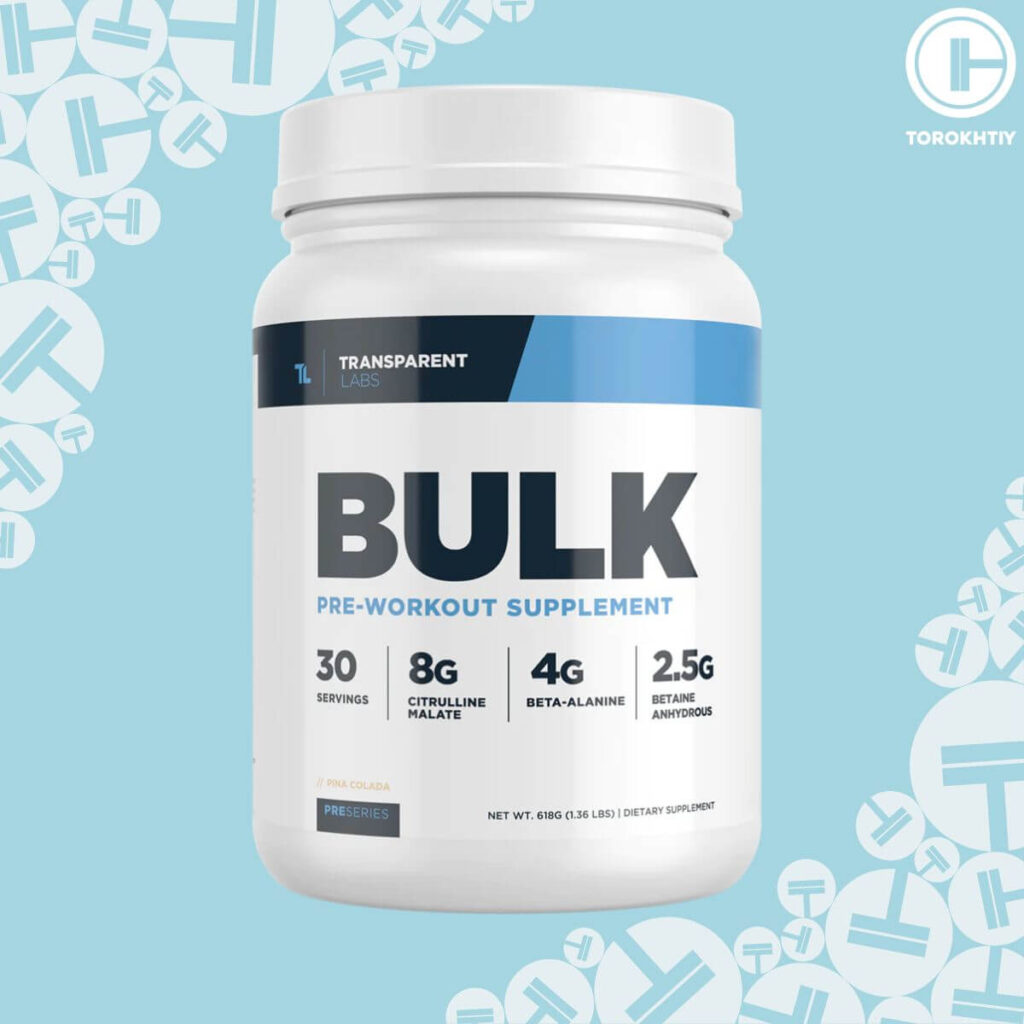
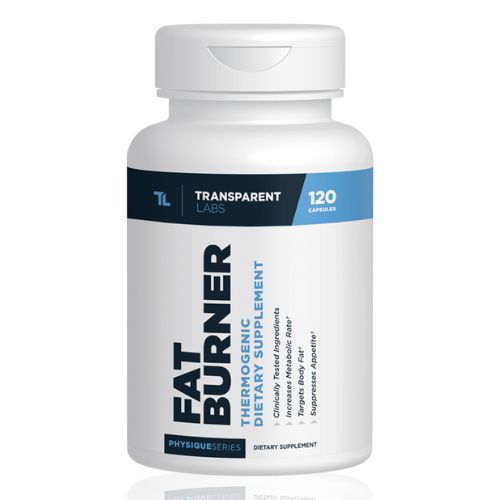
Still have questions after reading our article? Unlock your full potential by engaging with our experts and community! Don’t hesitate — leave a comment below and Oleksandr Maksymenko will provide a personalized answer and insights to help you reach your goals.